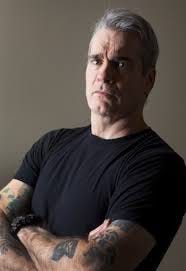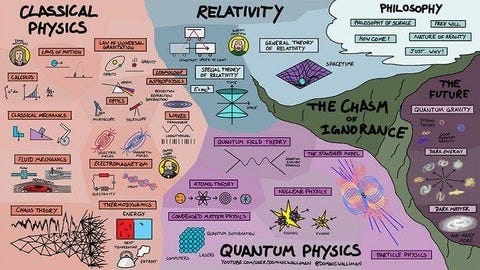"My optimism wears heavy boots and is loud"


The title and quote are from Henry Rollins. He does not suffer the fools and engages in conversations we all need to hear. He once told a story about sitting on the beach eating a day-old sandwich he nicked from the green room at an Ozzie Osborne concert. Sadly I don't remember the rest of the story because it was years and years ago from his column in the LA Times but that detail you might not think was relevant to the story has had me paying attention to his perspective ever since.
Today as an Applied Data Analyst it is always about the details. I am quietly sipping coffee before redirecting my focus. Being grounded from traveling for about a bazillion weeks is starting to change me on a cellular level. I am seeking something new. In fact, I agreed to help launch a Tableau User Group in India (remotely). And I am presenting at SciPy during the Diversity Luncheon.
The biggest change is that I have agreed to write a few manuscripts. I often introduce myself as a recovering medical writer and here is why. I don't want to be a shill for the pharmaceutical industry, continuing medical education, or anyone that tells you what you need to write, how to say it, what to measure, and which lines not to cross.
Several years ago I became a full-time applied data analyst; teaching, speaking, and collaborating with clients in the healthcare and medical space. Applied data analysis isn't about simply crunching some numbers or writing a bunch of code. It requires subject matter expertise, statistical thinking, the ability to evaluate assumptions and to somehow funnel that into real-life applications. I completed an Executive Education degree from Columbia School of Engineering but this is an ongoing trajectory of learning and doing.
But the writing bit is like riding a bike. If that bike is a tiny vespa and it is powered by someone else. I noticed that former writing colleagues are often more secretarial than expertise driven.
But here is something that you gain from being in the ring for a long time. Every now and then someone seeks you out. And better yet, they want you to do your job. Doing my job for me allows the team to step out of the way of the data. You can be aspirational. But once the analyses are done--it is time to yield to the facts.
Here are a few in no particular order:
1. Ecological Fallacy is real. Findings in aggregated data may not hold at different levels of aggregation.
2. Likert surveys are nothing more than glorified and distorted frequency tables. Oh. One more thing. It is pronounced Lick-ert.
3. If you don't understand conjoint analysis stop pretending that you are gathering meaningful insights from your Likert survey.
4. Unipolar and multi-polar constructs require different scales.
5. You need rank or rating data to apply probabilities to your data insights.
6. Here is a bonus from my work this week. Care utilization is not a substitute for disease burden.
Although not entirely planned, this is perfect segue to the graphic below.
“When you are learning a new subject, I think the single most useful thing is a good mind map that lays out all the subject areas so you know where the information you are learning fits in. I can remember so many times, sitting in a lecture, having no idea what the prof was talking about and how it related to other subjects.
I think this is often the case when I’m explaining physics to other people. I know physics really well (one would hope so after doing it for such a long time), so I thought I would make a map of all of physics as it is now. This is all the stuff we know about physics - and a few things we know we don’t know.”--Teodora Zareva

The graphic might be specific to Physics but the application to almost any scientific field should be obvious. Most of the webinars circulating about data visualization or literacy are packaged in a vacuum. Let's call it a cinematic fallacy. You are guilty of taking a cinematic mind map and reducing it to a single linear layer.
If you are working in healthcare, the complexity is a necessary element. We need to be loud and bold.
We need to identify the Chasm of Ignorance that resides inside us all.
We need to lace up our boots and do the hard work.



